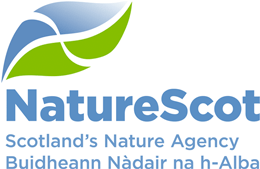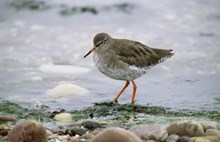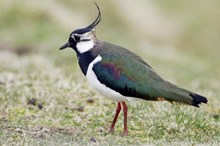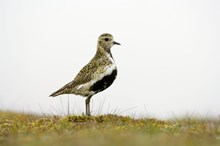27 September, 2018
Scotland’s wintering wading birds could be losers in climate change
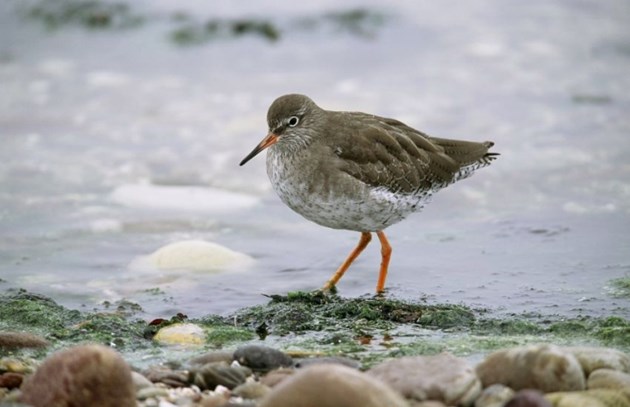
Climate change could be a factor in the decline of Scotland’s wading birds, including redshank, golden plover and lapwing, according to new figures published by Scottish Natural Heritage (SNH) today (Thursday).
The Abundance of Wintering Waterbirds report shows that since counts began in the winter of 1975/76:
- Wader numbers (14 species) have declined since 1996/97 and in 2015/16 are 21% lower than in 1975/76, the lowest levels on record.
- Goose numbers, including Barnacle geese have increased to 287%
- 16 species of ducks and swans numbers increased to 14%.
Simon Foster, SNH’s Trends & Indicator Analyst, said:
“Scotland is on the migration route known as the East Atlantic Flyway and many wildfowl and wader species breed in the Arctic and fly here to winter at one of 50 Scottish sites of international importance.
“While climate change and food availability are likely causes for the decline, there are some species, where other factors may be at play. More research is needed to better understand these, and develop ways to help improve numbers of waders, including purple sandpipers and turnstone. Changes in the Arctic need to be better understood especially for long distance migratory waders as well as what is happening on their wintering areas. We are working together with international researchers and volunteers to help our wintering waders.
“Geese, particularly barnacle geese, have shown the greatest increases – with legal protection and changes to agriculture helping to boost numbers. However, barnacle geese numbers are now reaching levels that can cause challenges for some crop growers, and we are working with farmers to help address understandable concerns on how to manage this conflict.”
SNH is working to help our wintering waders through several projects, such as Working for Waders – which will help support breeding waders in Scotland through a variety of measures such as improving breeding habitats.
The Abundance of Wintering Waterbirds is one of several Biodiversity Indicators that SNH regularly publishes, designed to monitor changes in Scotland’s nature and landscapes. They help SNH to better understand trends with our natural heritage, so they can develop appropriate ways to protect it, and they provide evidence of progress towards targets in the Scottish Biodiversity Strategy.
Ends
Note to editors
Wintering waterbird populations are monitored mainly through the Wetland Bird Survey (WeBS). The results are used to provide population estimates, determine trends in numbers and distribution, and identify important sites for waterbirds. Since 1975, trends in 41 species of waterbirds (used here to include wildfowl, waders, cormorant, grebes and coot) occurring in Scotland have been monitored.
The Abundance of Wintering Waterbirds Biodiversity Indicator is available here on nature.scot
Contact information
- Name
- Dominic Shann
- Job Title
- Media Relations Officer
- Telephone
- 01463 725157
- dominic.shann@nature.scot
NatureScot is Scotland's nature agency. We work to enhance our natural environment in Scotland and inspire everyone to care more about it. Our priority is a nature-rich future for Scotland and an effective response to the climate emergency. For more information, visit our website at www.nature.scot or follow us on X at https://x.com/NatureScot
’S e NatureScot buidheann nàdair na h-Alba. Bidh sinn a’ neartachadh àrainneachd na h-Alba agus a’ brosnachadh dhaoine gu barrachd suim a chur ann an nàdar. Tha e mar phrìomhachas againn gum bi nàdar na h-Alba beairteach agus gun dèilig sinn gu h-èifeachdach le èiginn na gnàth-shìde. Tha an tuilleadh fiosrachaidh aig www.nature.scot no air X aig https://x.com/NatureScot
